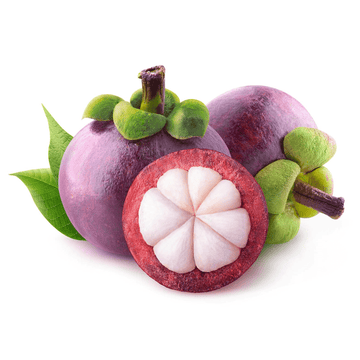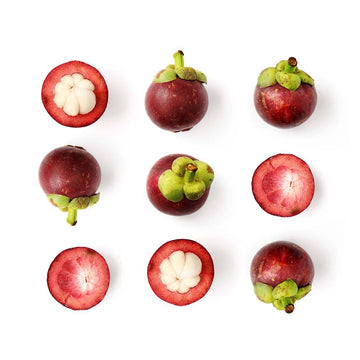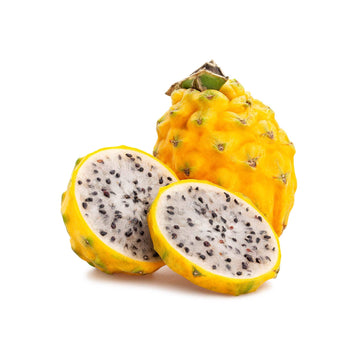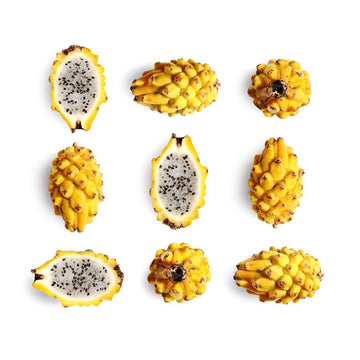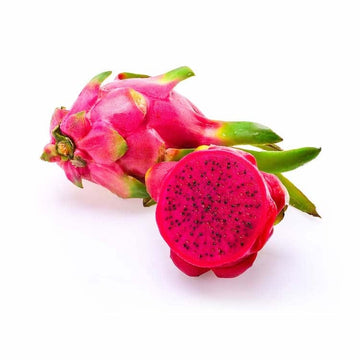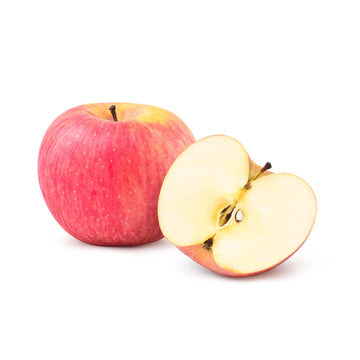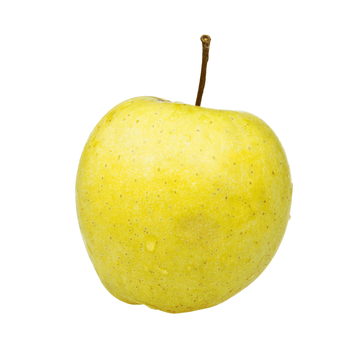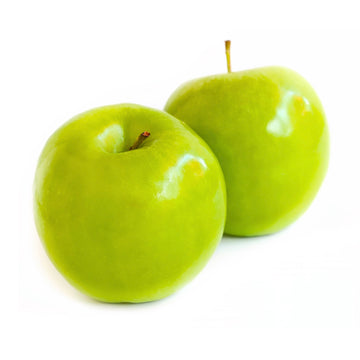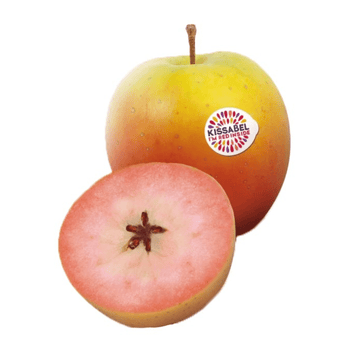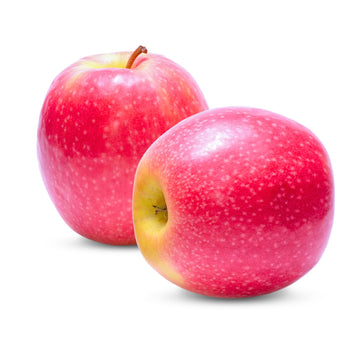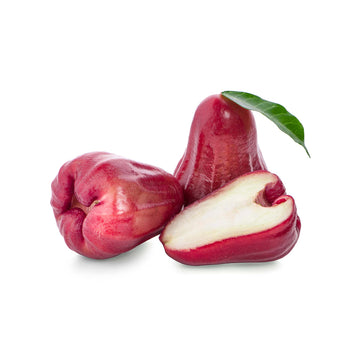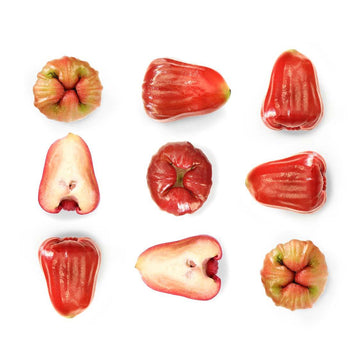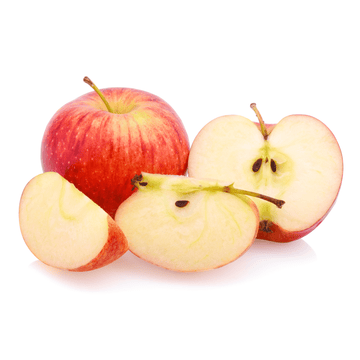The Best Fruits to Eat for Cholesterol
Cholesterol is an essential lipid found in the body, playing a crucial role in cellular function and hormone production. However, when cholesterol levels become too high, it can lead to severe health complications.
Fortunately, diet plays a significant role in managing cholesterol, and certain fruits, particularly exotic ones, offer incredible benefits for maintaining healthy levels. In this article, we will explore what cholesterol is, why it can become too high, its potential dangers, and 20 exotic fruits that help lower cholesterol naturally.
Understanding Cholesterol
Cholesterol is a waxy, fat-like substance found in the blood. It is necessary for building cells, producing hormones, and aiding digestion. Cholesterol is categorized into two main types:
-
Low-Density Lipoprotein (LDL): Known as "bad" cholesterol, high levels can lead to plaque buildup in arteries, increasing the risk of heart disease.
-
High-Density Lipoprotein (HDL): Referred to as "good" cholesterol, it helps remove excess LDL cholesterol from the bloodstream.
Why Cholesterol Might Be Too High
Several factors contribute to elevated cholesterol levels, including:
-
Poor diet: Excessive consumption of saturated fats, processed foods, and refined sugars.
-
Lack of physical activity: A sedentary lifestyle can decrease HDL and increase LDL cholesterol.
-
Genetics: Some individuals have a hereditary predisposition to high cholesterol levels.
-
Obesity: Excess body weight contributes to higher LDL and lower HDL cholesterol.
-
Smoking and alcohol consumption: These habits negatively affect cholesterol balance.
Consequences of High Cholesterol
When cholesterol is too high, it can lead to severe health risks, including:
-
Atherosclerosis: Narrowed arteries due to plaque buildup.
-
Heart disease: Increased risk of heart attacks and strokes.
-
Hypertension: Elevated blood pressure from reduced blood flow.
-
Peripheral artery disease: Poor circulation in limbs.
Signs of High Cholesterol
High cholesterol typically does not present noticeable symptoms, but some warning signs include:
-
Chest pain or angina.
-
Shortness of breath.
-
Numbness or coldness in extremities.
-
Xanthomas (yellowish deposits around the eyes or skin).
20 Exotic Fruits That Help Lower Cholesterol
1. Avocado
-
Origin: Central and South America
-
Flavour/Texture: Creamy, buttery, mild
-
Cholesterol Benefits: High in monounsaturated fats and fibre, which help lower LDL and increase HDL.
2. Dragon Fruit
-
Origin: Central America and Southeast Asia
-
Flavour/Texture: Mildly sweet, soft, with crunchy seeds
-
Cholesterol Benefits: Rich in fibre and antioxidants that help reduce cholesterol absorption.
3. Guava
-
Origin: South America and the Caribbean
-
Flavour/Texture: Sweet, slightly grainy
-
Cholesterol Benefits: Contains pectin, a soluble fibre that helps remove LDL cholesterol.
4. Pomegranate
-
Origin: Middle East and South Asia
-
Flavour/Texture: Juicy, tart-sweet, with crunchy seeds
-
Cholesterol Benefits: Rich in polyphenols that reduce plaque formation in arteries.
5. Acai Berry
-
Origin: Brazil
-
Flavour/Texture: Earthy, berry-like, creamy when blended
-
Cholesterol Benefits: High in anthocyanins, which improve HDL levels.
6. Mango
-
Origin: South Asia
-
Flavour/Texture: Sweet, juicy, fibrous
-
Cholesterol Benefits: Contains high fibre levels that help lower LDL.
7. Passion Fruit
-
Origin: South America
-
Flavour/Texture: Tart, aromatic, with crunchy edible seeds
-
Cholesterol Benefits: Soluble fibre helps reduce cholesterol absorption in the intestine.
8. Rambutan
-
Origin: Southeast Asia
-
Flavour/Texture: Juicy, sweet, lychee-like
-
Cholesterol Benefits: Rich in vitamin C and antioxidants that support heart health.
9. Lychee
-
Origin: China
-
Flavour/Texture: Juicy, floral, grape-like
-
Cholesterol Benefits: Contains flavonoids that help lower LDL cholesterol.
10. Mangosteen
-
Origin: Southeast Asia
-
Flavour/Texture: Sweet-tart, soft, juicy
-
Cholesterol Benefits: High in xanthones, which reduce cholesterol oxidation.
11. Baobab Fruit
-
Origin: Africa
-
Flavour/Texture: Tangy, powdery pulp
-
Cholesterol Benefits: High fibre content aids in cholesterol reduction.
12. Kiwifruit
-
Origin: China
-
Flavour/Texture: Tart-sweet, juicy, with edible seeds
-
Cholesterol Benefits: High in pectin and vitamin C, supporting arterial health.
13. Starfruit (Carambola)
-
Origin: Southeast Asia
-
Flavour/Texture: Mildly sweet, slightly tart, crunchy
-
Cholesterol Benefits: Low in calories but rich in dietary fibre.
14. Camu Camu
-
Origin: Amazon Rainforest
-
Flavour/Texture: Extremely tart, often consumed in juice form
-
Cholesterol Benefits: Extremely high in vitamin C and antioxidants.
15. Black Sapote (Chocolate Fruit)
-
Origin: Mexico and Central America
-
Flavour/Texture: Sweet, pudding-like
-
Cholesterol Benefits: Lowers cholesterol and blood pressure due to high fibre content.
Conclusion
Managing cholesterol naturally is possible with the right dietary choices. Exotic fruits provide a powerful combination of fibre, antioxidants, and heart-friendly nutrients that help regulate cholesterol levels.
By incorporating these fruits into your diet, you can improve heart health, lower LDL cholesterol, and increase HDL cholesterol, all while enjoying delicious and nutritious options.
For more exotic fruit recommendations, visit exoticfruits.co.uk to discover a variety of heart-healthy choices!

